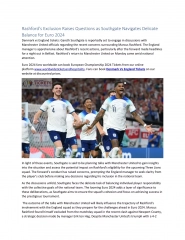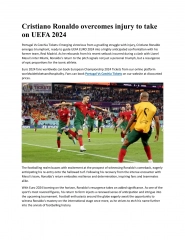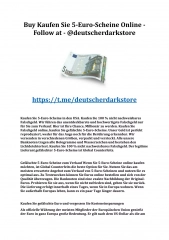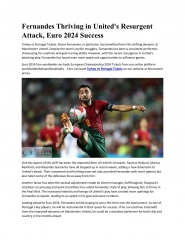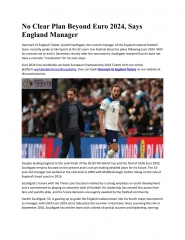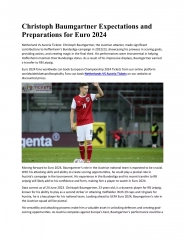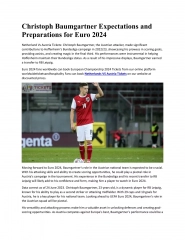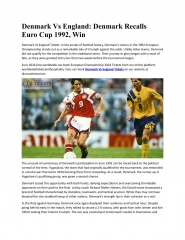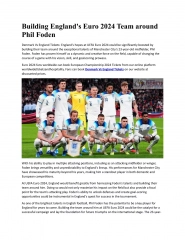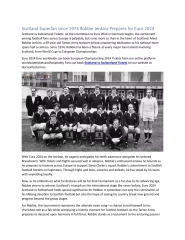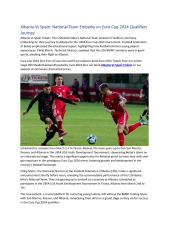Essential Tips for Indian Students to Improve Their Chances of Getting into Euro
Studying in Europe is an exciting opportunity, but the application process can be competitive. To improve your chances of getting accepted into a European university, follow these essential tips
Download Presentation

Please find below an Image/Link to download the presentation.
The content on the website is provided AS IS for your information and personal use only. It may not be sold, licensed, or shared on other websites without obtaining consent from the author.If you encounter any issues during the download, it is possible that the publisher has removed the file from their server.
You are allowed to download the files provided on this website for personal or commercial use, subject to the condition that they are used lawfully. All files are the property of their respective owners.
The content on the website is provided AS IS for your information and personal use only. It may not be sold, licensed, or shared on other websites without obtaining consent from the author.
E N D
Presentation Transcript
Essential Tips for Indian Students to Improve Their Chances of Getting into European Universities VideshConsultz offers personalized guidance on university selection, application processes, and visa requirements for students looking to abroad consultancy. Videsh Consultz best abroad education consultancy in Hyderabad specializes in helping students including admission requirements and course selection.
Studying in Europe is an exciting opportunity, but the application process can be competitive. To improve your chances of getting accepted into a European university, follow these essential tips: 1. Research Your Options Research universities and programs that align with your academic and career goals. Look at university rankings, course content, location, and language of instruction. Each European country has its own set of requirements, so make sure to understand them thoroughly. 2. Start Early European universities have strict deadlines, so begin preparing 12-18 months in advance. This gives you enough time to prepare for exams like IELTS/TOEFL, gather documents, and fine-tune your application.
3. Meet Language Proficiency Requirements Most European universities offer programs in English, but you ll need to prove your proficiency through exams like IELTS or TOEFL. Non-English- speaking countries may require additional language tests (e.g., German or French proficiency). 4. Craft a Strong Statement of Purpose (SOP) Your SOP is crucial. Clearly explain why you re applying to the program, how it aligns with your career goals, and why you chose that particular university. Make your SOP specific to each program you apply to. 5. Get Strong Letters of Recommendation (LORs) Choose recommenders who know you well academically or professionally. Provide them with relevant information, such as your achievements, goals, and the program you're applying for, to help them write personalized letters.
6. Maintain a Strong Academic Record A solid academic background will increase your chances of acceptance. If possible, engage in relevant extracurricular activities, internships, or research to further strengthen your profile. 7. Prepare for Interviews and Assessments Some universities require interviews or additional assessments. Be prepared to discuss your application and show why you're a good fit for the program. Practice interviews to build confidence. 8. Understand Financial Requirements Studying in Europe can be expensive. Research tuition fees, living costs, and available scholarships. Some countries offer low or free tuition for international students, but living expenses can still be high.
9. Check Visa and Immigration Requirements Each European country has its own visa process. Be sure to research the visa requirements for the country where you ll be studying and prepare the necessary documents early. 10. Explore Post-Graduation Work Opportunities Many European countries offer work permits for international students after graduation. Look into post-study work options in your destination country, as this can provide valuable career opportunities. Final Thoughts Gaining admission to a European university is competitive, but with careful planning and preparation, you can improve your chances. Start early, research thoroughly, and tailor your application to each university s specific requirements. You ll be on your way to an exciting international academic experience with the right approach.
Thank you for your time. Contact us now for more information : 9676 502 888



